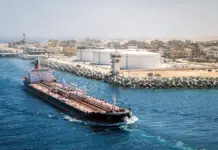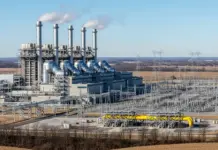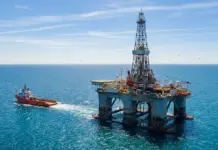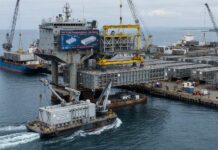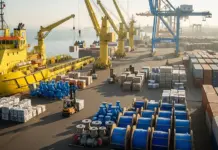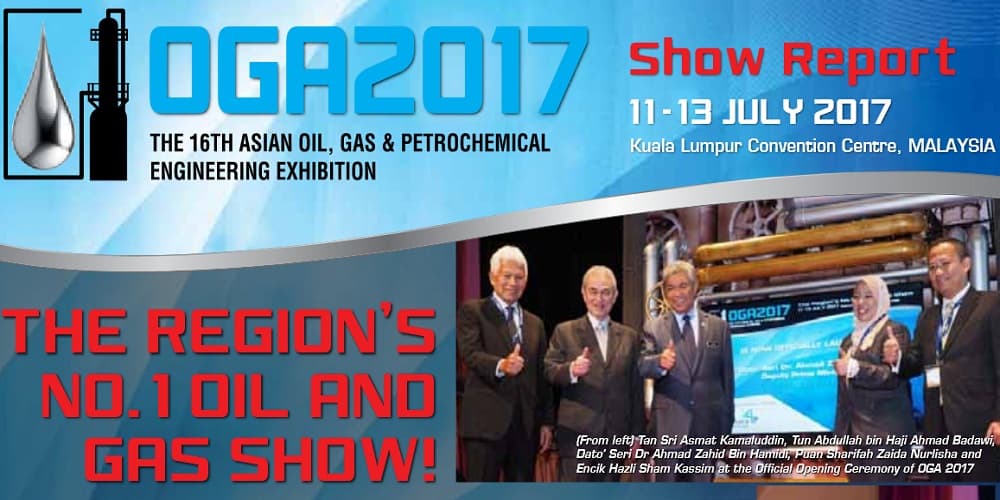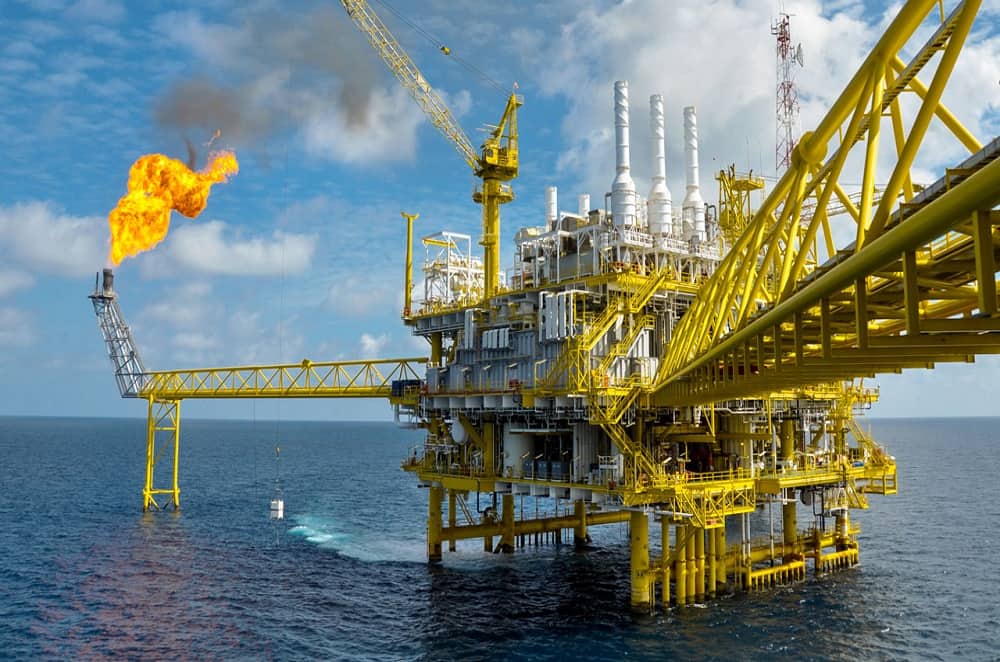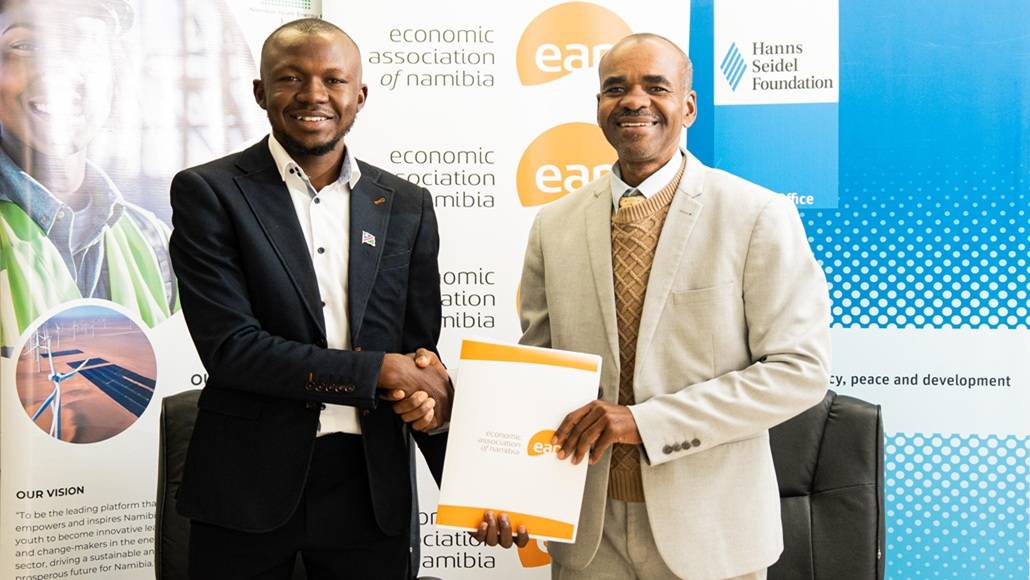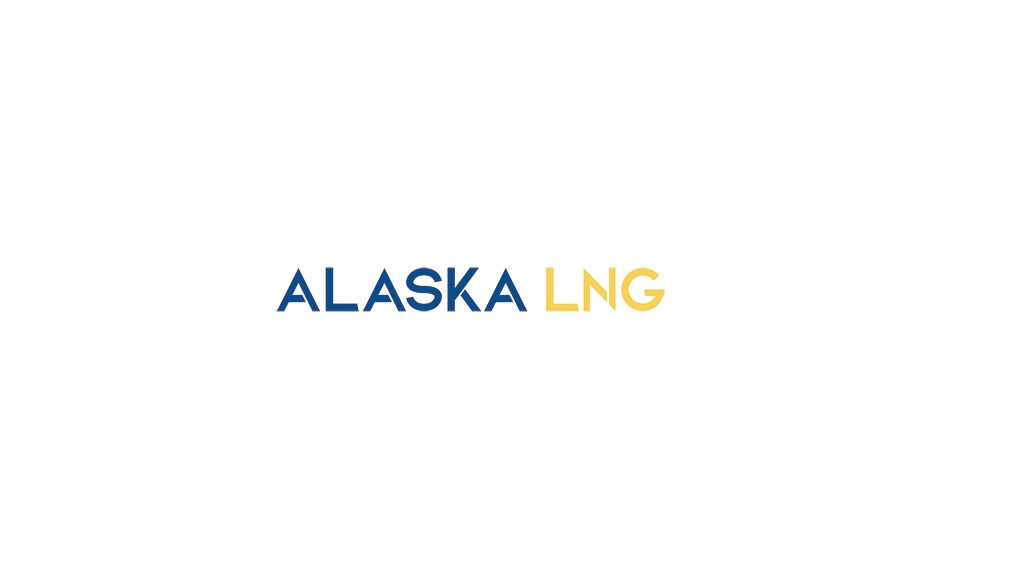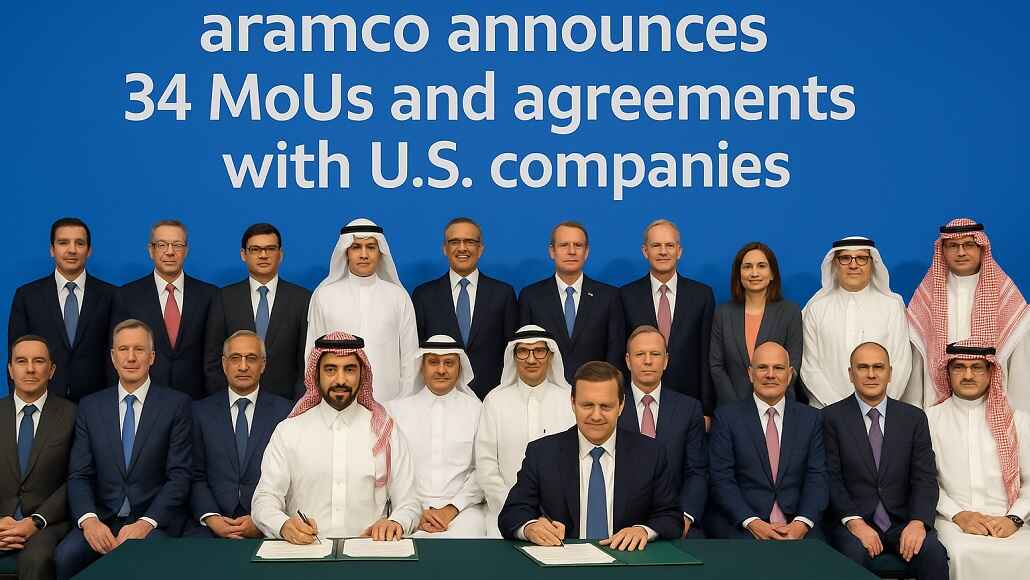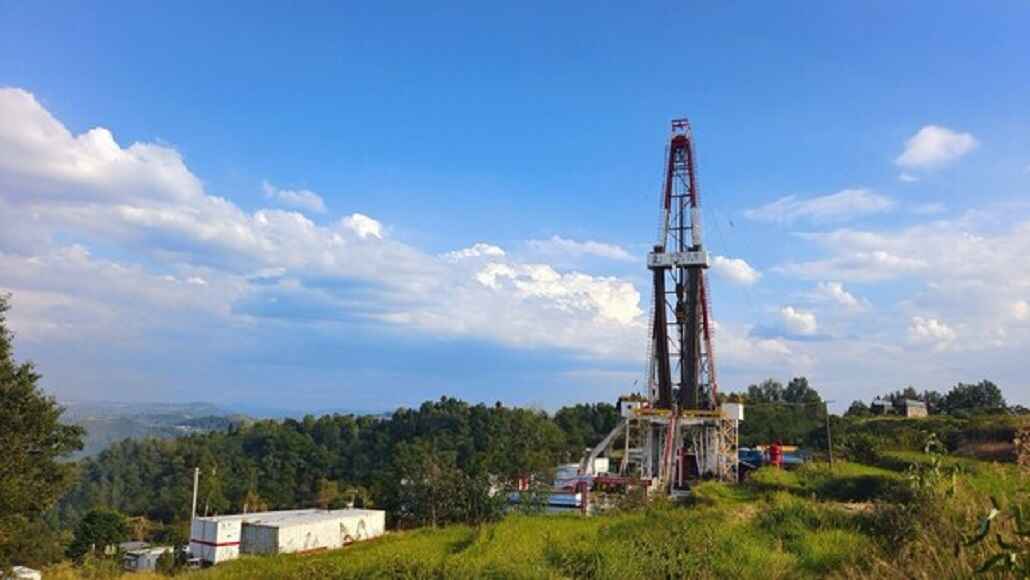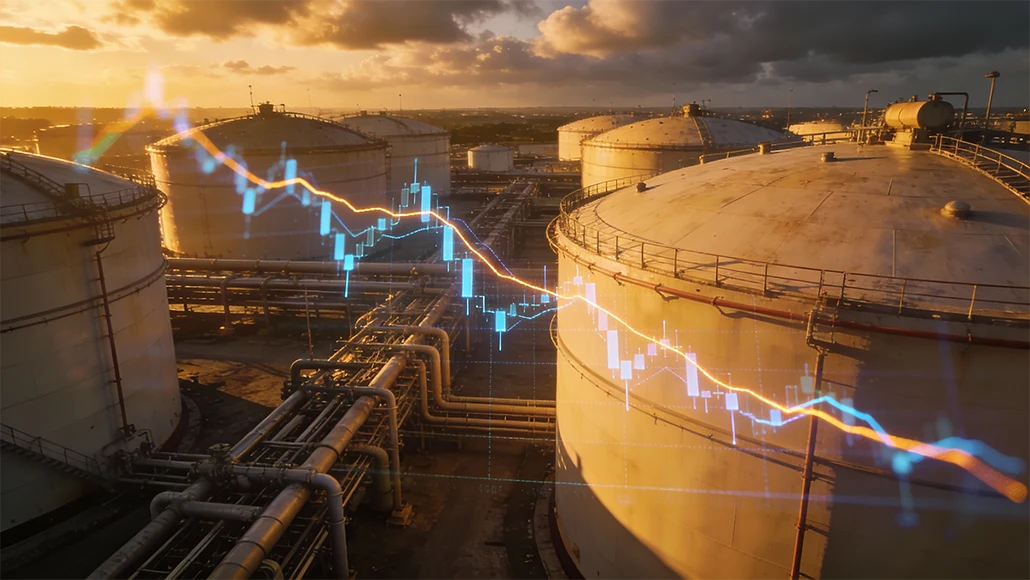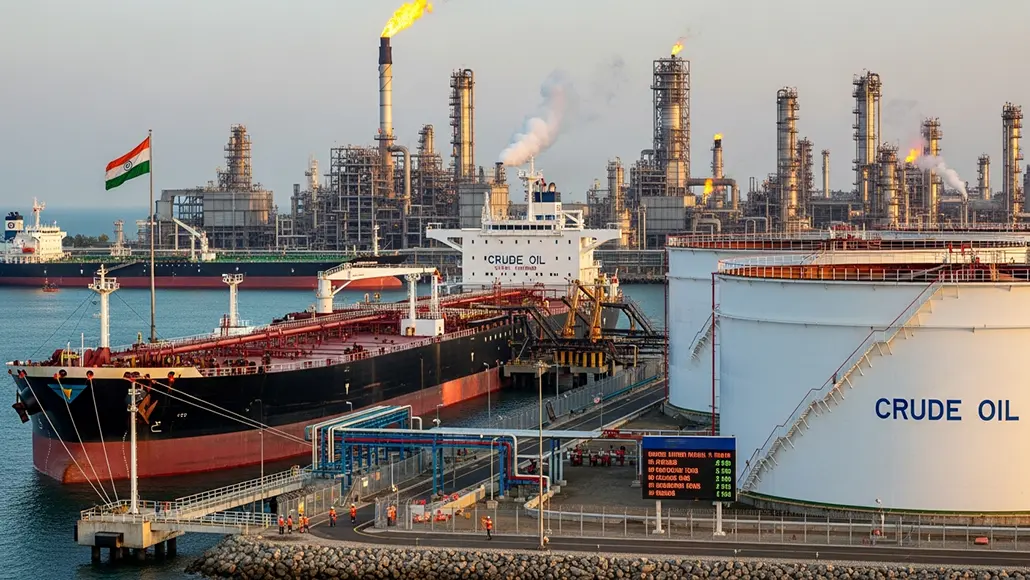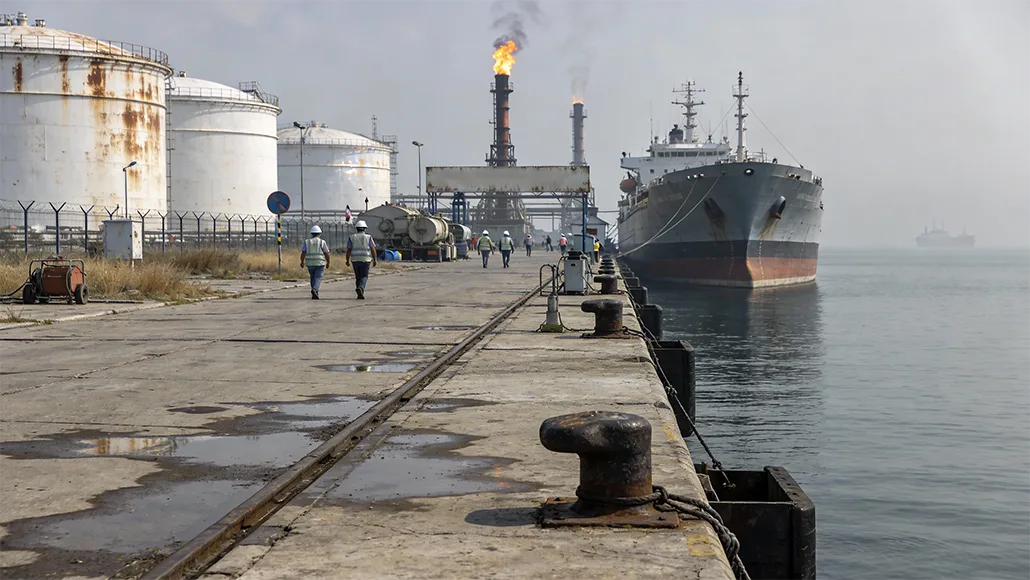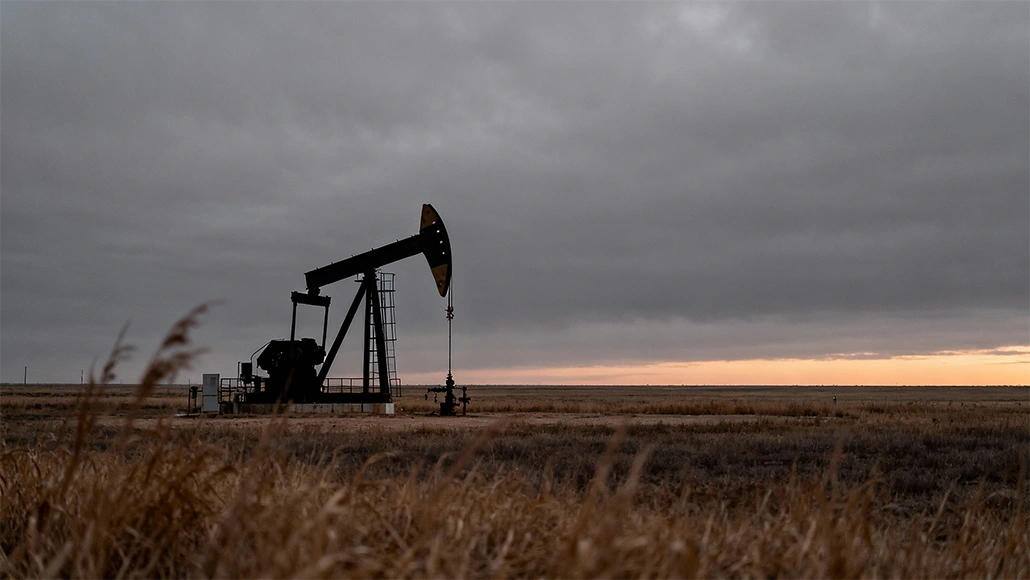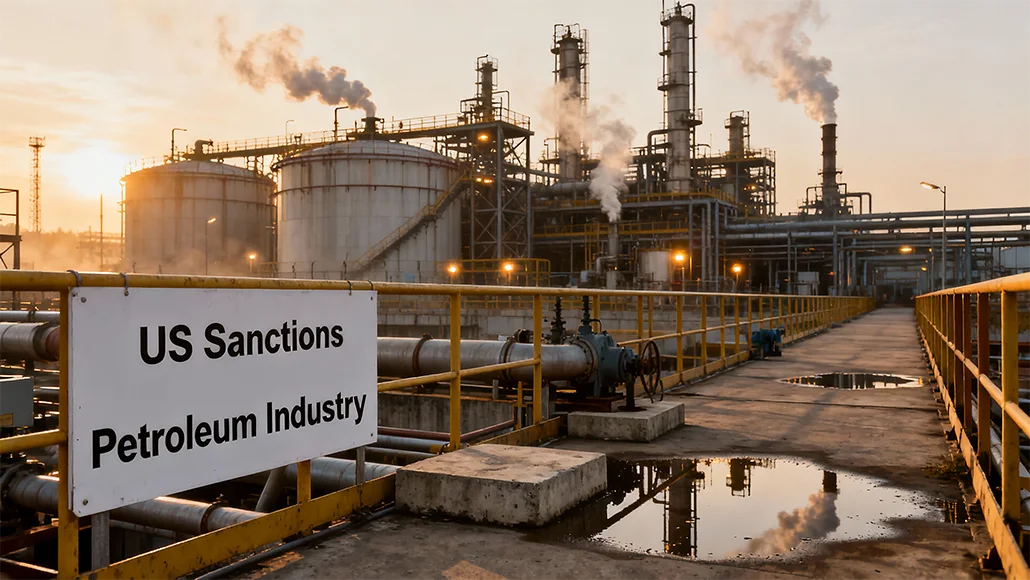The United States has gone ahead and slapped sanctions on the largest oil and gas distributor of Serbia on October 9, 2025, because of its ties to Gazprom Neft – the Russian firm.
Serbian President Aleksandar Vučić went on to say in an extraordinary address to the nation on October 9, 2025, that it was bad news for their country, thereby citing massive economic as well as political consequences.
As per Vučić, he refused the request from the U.S. to nationalize the company, the Petroleum Industry of Serbia – NIS which happens to be majority owned by Gazprom Neft. However, the Serbian government does remain a major shareholder in it.
Vučić went on to say that the U.S. delayed the sanctions eight times, and they are going to extend the waiver further if he had agreed to plundering or had launched a nationalization process.
Vučić went on to insist that his country has diesel, gasoline, and oil reserves so as to last until Nov. 1, 2025. According to him, air travel to and from Serbia, especially the traffic headed toward the EU, would not get affected.
He added that not a single plane wanted to load the Petroleum Industry of Serbia certified oil. No one willingly wants to fall under the U.S. sanctions and not fly across the skies of Europe as well as the U.S. They managed to resolve it along with a Kuwaiti-British company for the time being.
It is well to be noted that although the move is not anticipated to cause immediate shortages, NIS has warned its customers that the purchases that have been made at its gas stations through using international banking services like Mastercard, Visa, and American Express could fail to process, therefore urging the citizens not to stockpile the gas or get into a panic-buying mode.
As per one of the distributors, the NIS has secured sufficient stocks of oil when it comes to processing at this time, as the gas stations are properly supplied with all kinds of oil derivatives. Apparently, the payment at the gas stations is going to be possible with DinaCard, the domestic cash, as well as other local payment alternatives.
Notably, the U.S. had granted the company a waiver enabling it to import and also distribute oil and gas in spite of the sanctions on Russian crude; however, the company announced the waiver had been withdrawn on October 9.
It was in 2009 that Serbia had sold a majority share of NIS to Gazprom Neft in a very highly publicized move linking refinery upgrades and cheap gas as well as the entry of Serbia into Russia’s South Stream pipeline project. The sale happened to be followed by a visit by the president at that time, Dmitry Medvedev, to Belgrade.
Interestingly, the NIS happens to operate almost 400 stations across Serbia and in the region.
Serbia, which kind of maintains a very cozy relationship with Russia, has curtly said no to participating in the EU sanctions against Moscow post the Ukraine war.
The economy minister, Ante Šušnjar, of Croatia said on October 9 that Zagreb is prepared to buy a stake in NIS in order to keep the oil flows running smoothly via the Adriatic oil pipeline between both countries.
He added that their hand is outstretched, and if that is the solution, they are indeed ready for that option, Šušnjar confirmed to the reporters in Zagreb.


